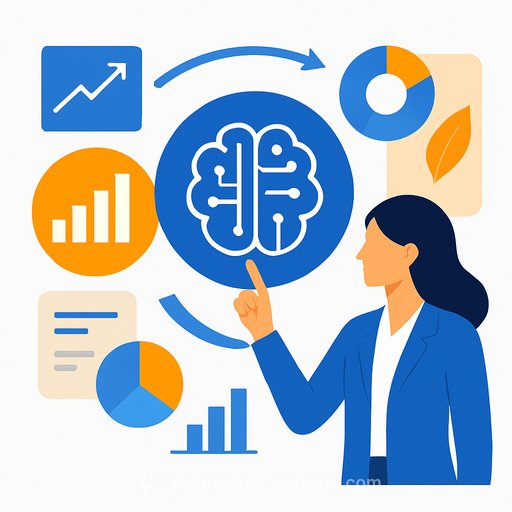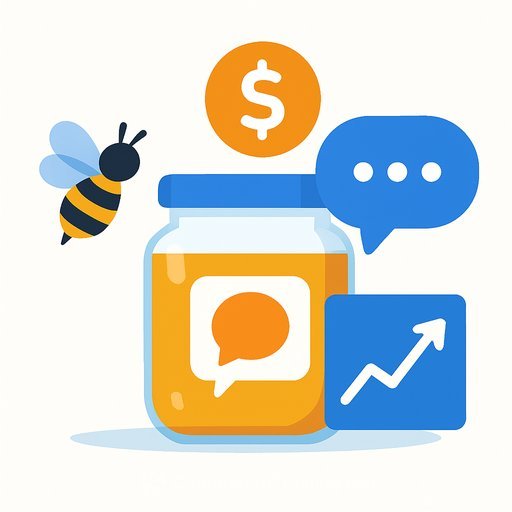Federal Agencies Begin Implementing AI Action Plan
Federal agencies have started putting into practice the Trump administration’s Artificial Intelligence Action Plan, along with related executive orders. Their efforts include deploying AI systems, such as agentic AI, to create more effective uses of the technology. Released late last month, the AI Action Plan sets clear policy goals for accelerating AI development and deployment across government departments.
Agency Initiatives
Departments like the Department of Energy (DoE) and the National Oceanic & Atmospheric Administration (NOAA) have begun breaking down the action plan into actionable priorities. For example, DoE developed the EO Encompass system, which uses chatbots and grounding technology to help staff track executive orders affecting their work.
According to Bridget Carper, DoE’s deputy CIO for architecture, engineering, technology, and innovation, EO Encompass addresses the challenge non-policy staff faced in keeping up with changing directives. It automatically alerts teams about new orders, their impacts, and critical deadlines. This ensures relevant teams can adapt quickly, knowing when deliverables are due.
Driving Internal Conversations
The AI Action Plan and executive orders have sparked important internal discussions about advancing AI projects. A key focus has been reducing barriers, particularly around permitting AI data centers. Carper noted the development of a tool to shorten permitting timelines while ensuring environmental impacts are considered.
Data centers are a major priority, with calls to build AI data centers across most states. These centers will support the infrastructure needed for government AI initiatives to move forward effectively.
Adoption of Agentic AI
Government agencies are also adopting agentic AI systems, which can make autonomous decisions within defined boundaries. Monica Youngman, chief scientist at NOAA’s National Weather Service, described a cautious but optimistic approach: “If there’s low risk, let’s try it.”
NOAA employs agentic AI systems that assist with data verification but keep humans in control for final decisions. These systems decide what data to review and how to evaluate reports, improving efficiency without removing human oversight.
Additionally, NOAA has rolled out Gemini AI services agency-wide. Starting with around 200 testers, they collected feedback to identify effective use cases and address privacy and data concerns. Youngman highlighted the significant innovation and new ideas that emerged from this pilot.
She also expressed enthusiasm for ChatGPT’s potential following the General Services Administration’s OneGov contract, which allows agencies to access this AI platform.
For executives looking to understand how AI is being integrated at the federal level and its practical applications, keeping an eye on these developments offers valuable insight into the future of AI-driven government operations.
Your membership also unlocks:






